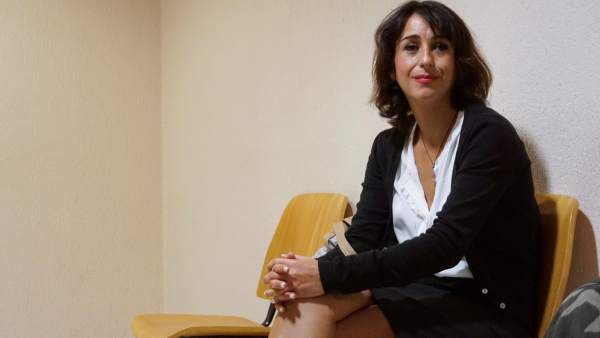The father of two children who were wrongfully removed from their habitual residence in England in July 2015 has had his application for their return pursuant to The Hague Convention refused in the High Court.
Whilst it was accepted that the mother had engaged in subterfuge and concealment in respect of the removal of the children, and that the actions of the mother in failing to come clean at the outset about her removal of the children to Ireland on a permanent basis contributed to the delay in the case, Justice Reynolds exercised the discretion of the Court in refusing the application as she was satisfied that the children were well settled in Ireland.
Background
The Court heard that a nine-year-old girl and six-year-old boy were brought to Ireland by their mother, S.E.O, in July 2015, in circumstances where the father was not told that the children were being removed from the jurisdiction of England and Wales, and where the mother continuously lied about their living situation.
In proceedings commenced 18 months after the wrongful removal, the father, P.E.O, sought the return of the children to England and Wales pursuant to the provisions of the Convention on the Civil Aspects of International Child Abduction 1980 (The Hague Convention), the provisions of the Child Abduction and Enforcement of Custody Orders Act 1991 and the Matrimonial and parental judgments: jurisdiction, recognition and enforcement, Regulation (EC) No. 2201/2003 (the “Brussels II bis Regulation”).
Well settled
It was contended on behalf of the mother that the children were now well settled within the jurisdiction, and the Court was asked to exercise its discretion in this regard.
Justice Reynolds considered the following authorities: P. v. B. (No. 2) [1999] 4 I.R. 185; P.L. v. E.C. [2009] 1 I.R. 1; and Z.D. v. K.D. [2008] 4 I.R. 751. She also had regard to the decision in Cannon v. Cannon [2004] EWCA Civ 1330 in which “the impact of subterfuge and delay on the settlement of a child were considered in some detail in a useful analysis”.
Accepting that there was clear evidence that the mother engaged in subterfuge or concealment in respect of the removal of the children, and that the actions of the mother in failing to come clean at the outset about her removal of the children to Ireland on a permanent basis contributed to the delay in this case; Justice Reynolds stated that she was also “mindful of the fact that had the applicant acted upon his suspicions in a more timely fashion, that the delay in the commencement of the proceedings would be considerably less”.
A report was also produced for the Court in which a clinical psychologist obtained the views of both children – both children clearly expressed the views that they were much happier here in Ireland and did not want to go back to England. Furthermore, the children were concerned that their father had moved away from the area where they had resided and where they had attended school. Having regard to the principles to be applied in considering the objections of a child, the Court was entitled to take into account their views.
Given the impact of this amount of time on the two young children who are now settled in Ireland, Justice Reynolds was of the view that discretion should be exercised against returning the children to the United Kingdom.
Justice Reynolds explained “…whilst the major objective of the Convention is to secure a swift return to the country of origin, it is clear on the facts of this case that this can no longer be met”.
Conclusions
Having considered all of the facts in the case, Justice Reynolds accepted that there was a wrongful removal of the children to Ireland but refused the relief sought in the exercise of the Court’s discretion in circumstances where the proceedings were commenced more than one year after the wrongful removal and where the children had become “well settled” within the jurisdiction.
by Seosamh Gráinséir for Irish Legal News

No hay comentarios:
Publicar un comentario